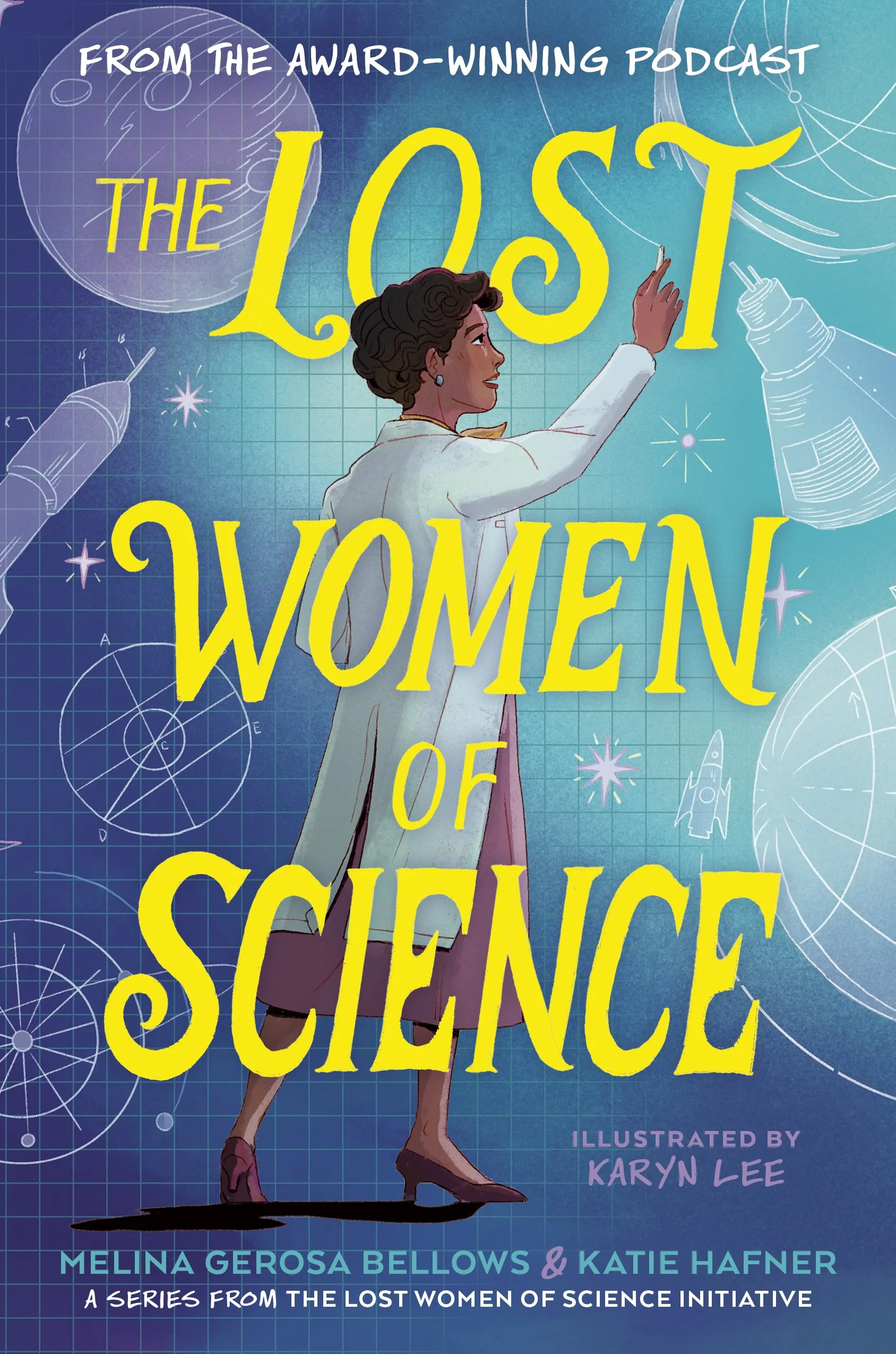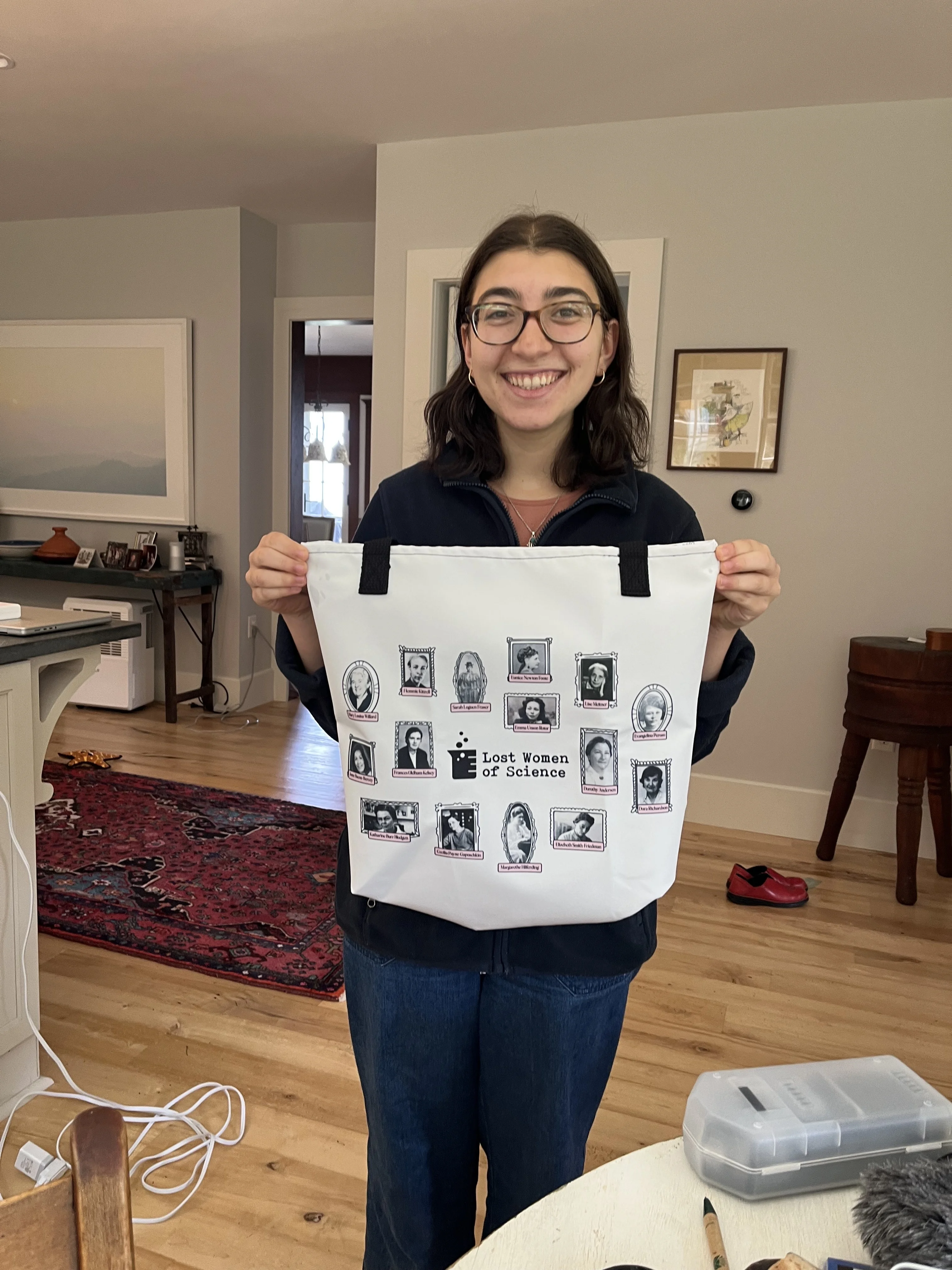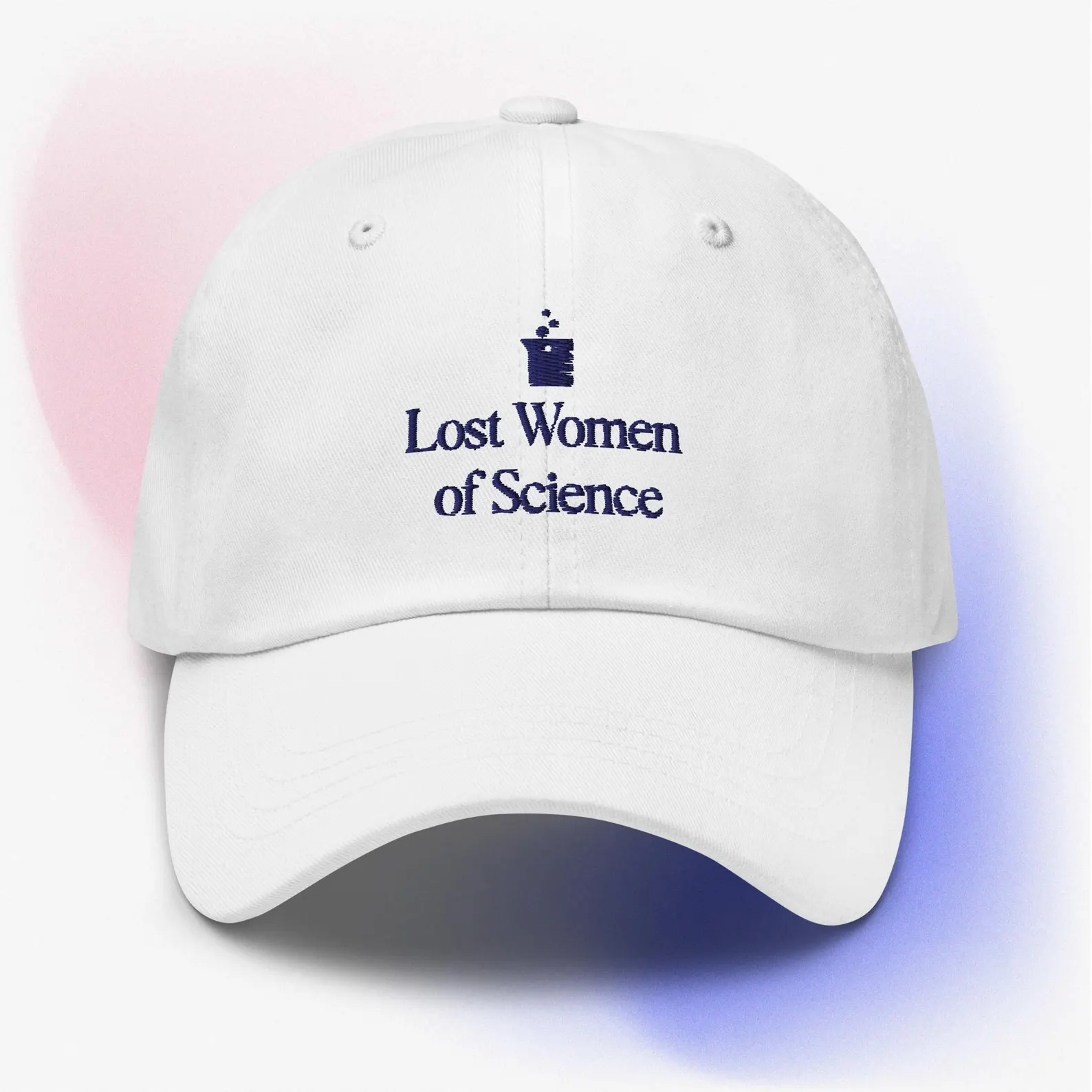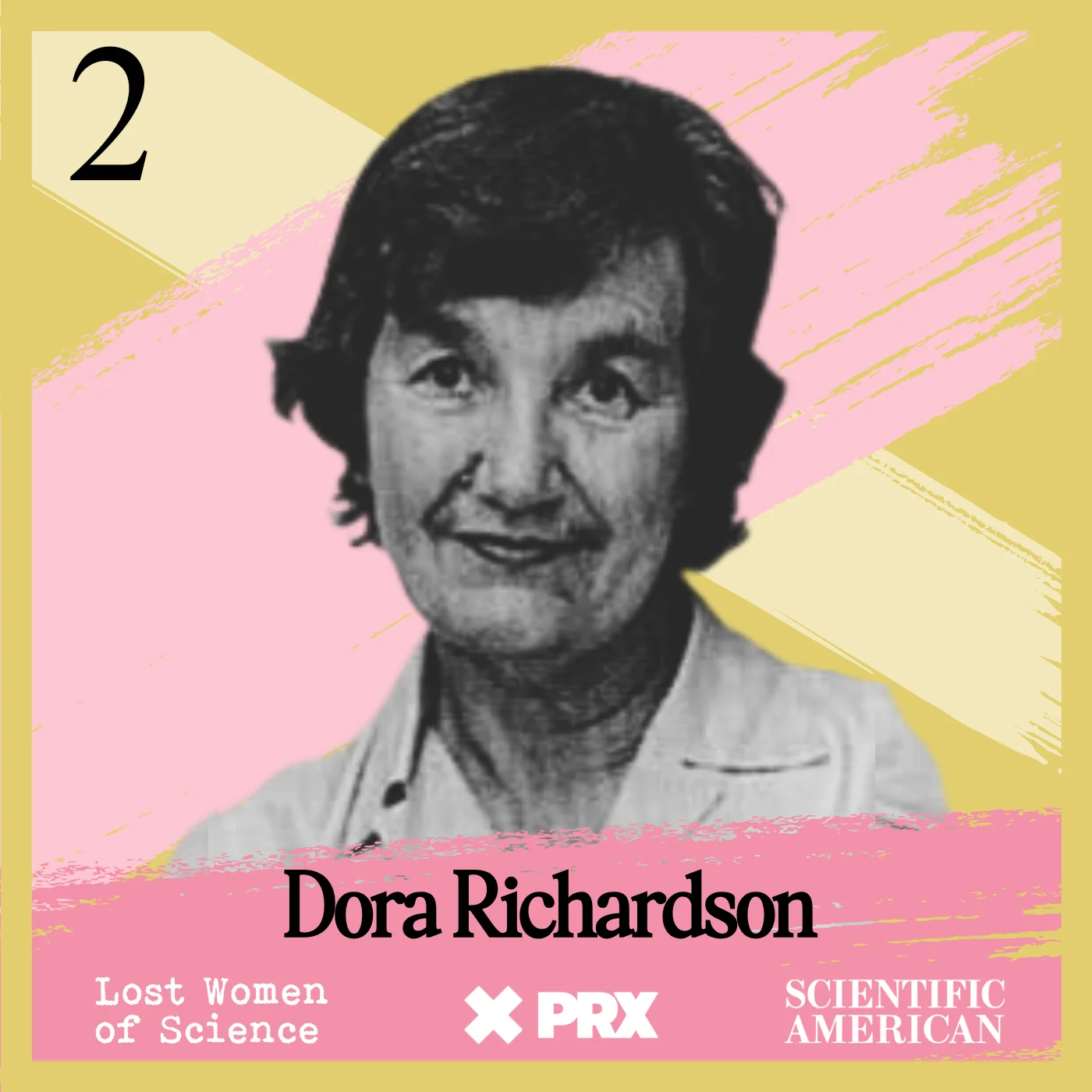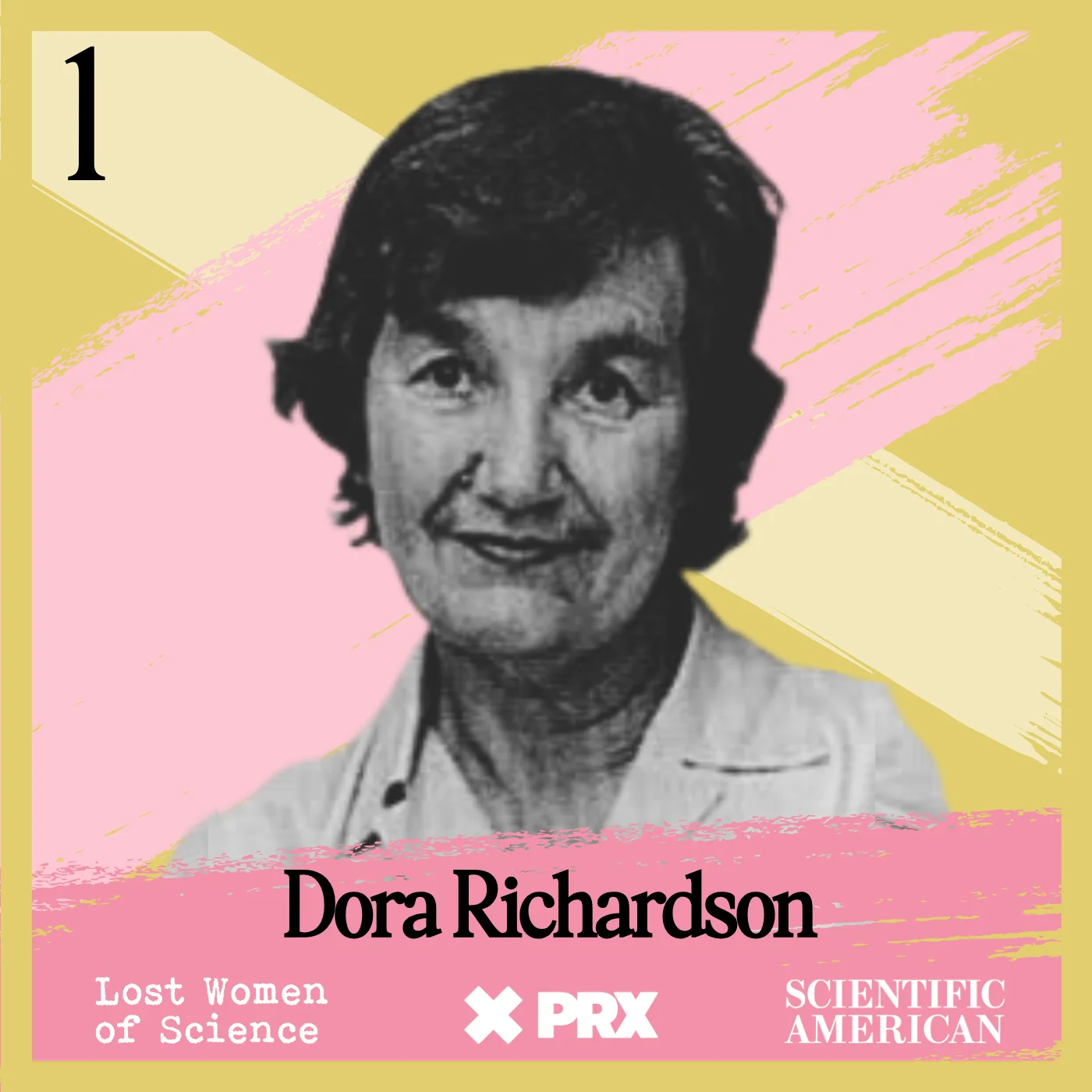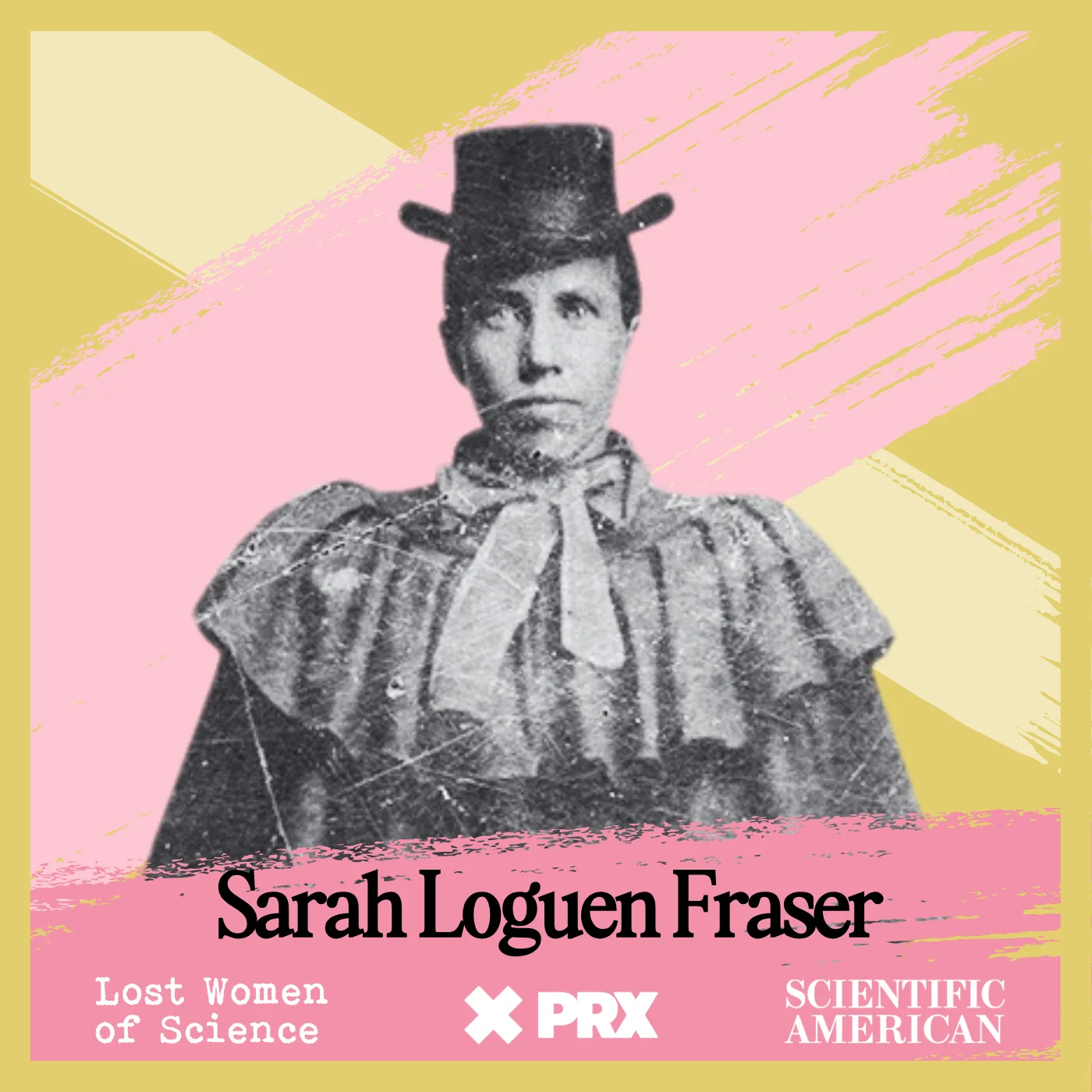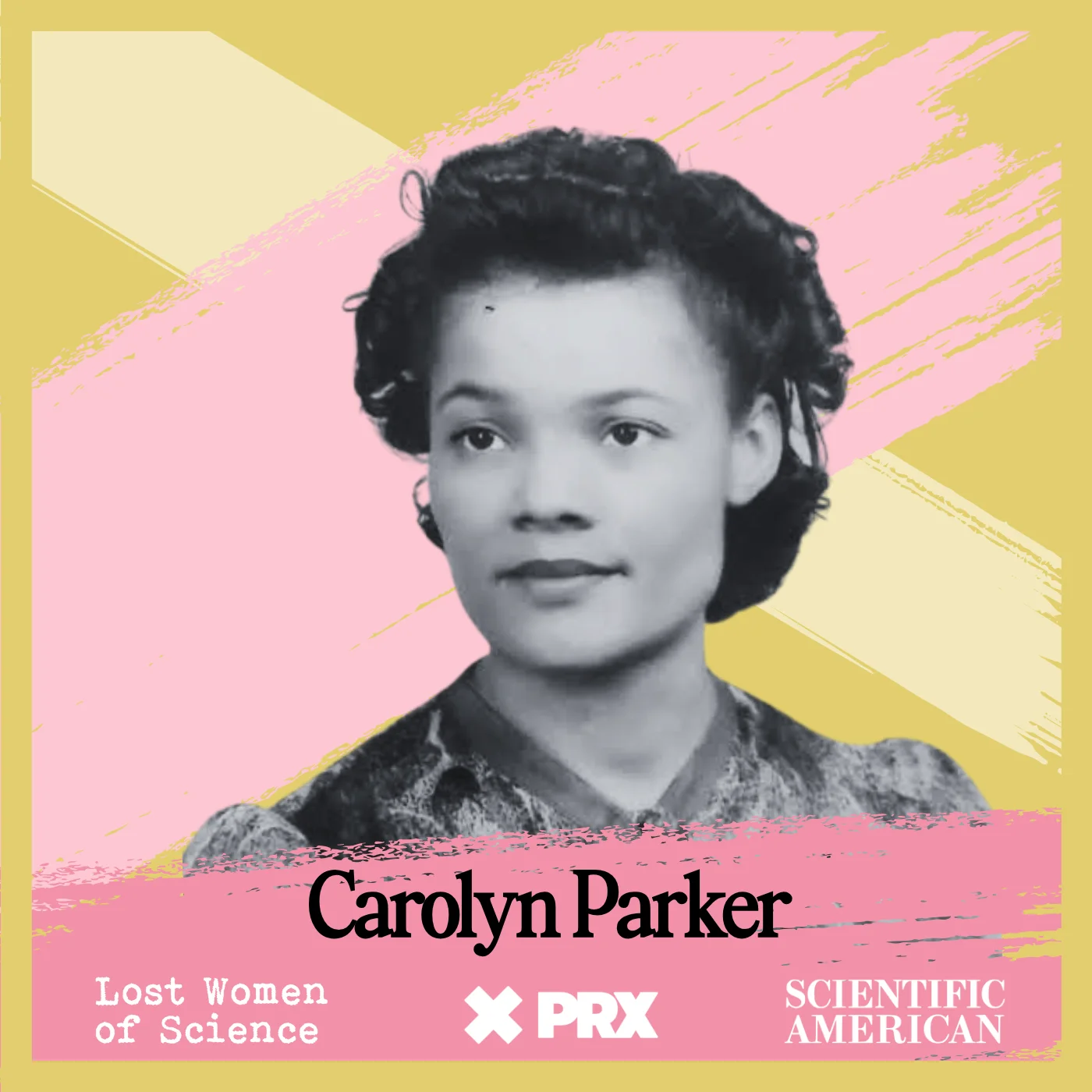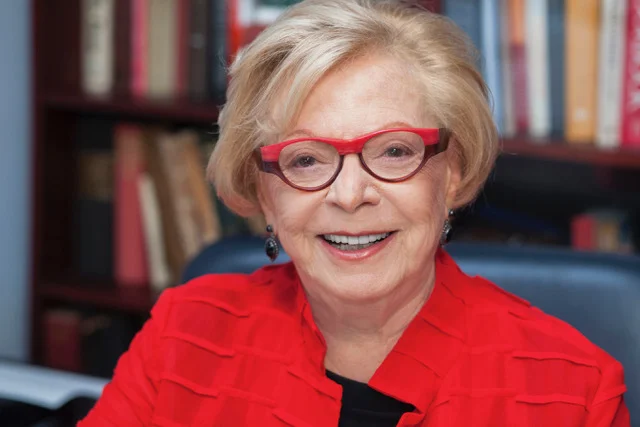Lost Women of Science presents
.webp)

Layers of Brilliance - Episode Four: The Breakthrough
When Katharine Burr Blodgett discovers non-reflecting glass, The General Electric Company’s public relations machine makes her a star.
Layers of Brilliance - Episode Three: The Air She Breathed
From Schenectady to the University of Cambridge, Katharine Burr Blodgett’s brilliance impresses the world’s leading physicists.
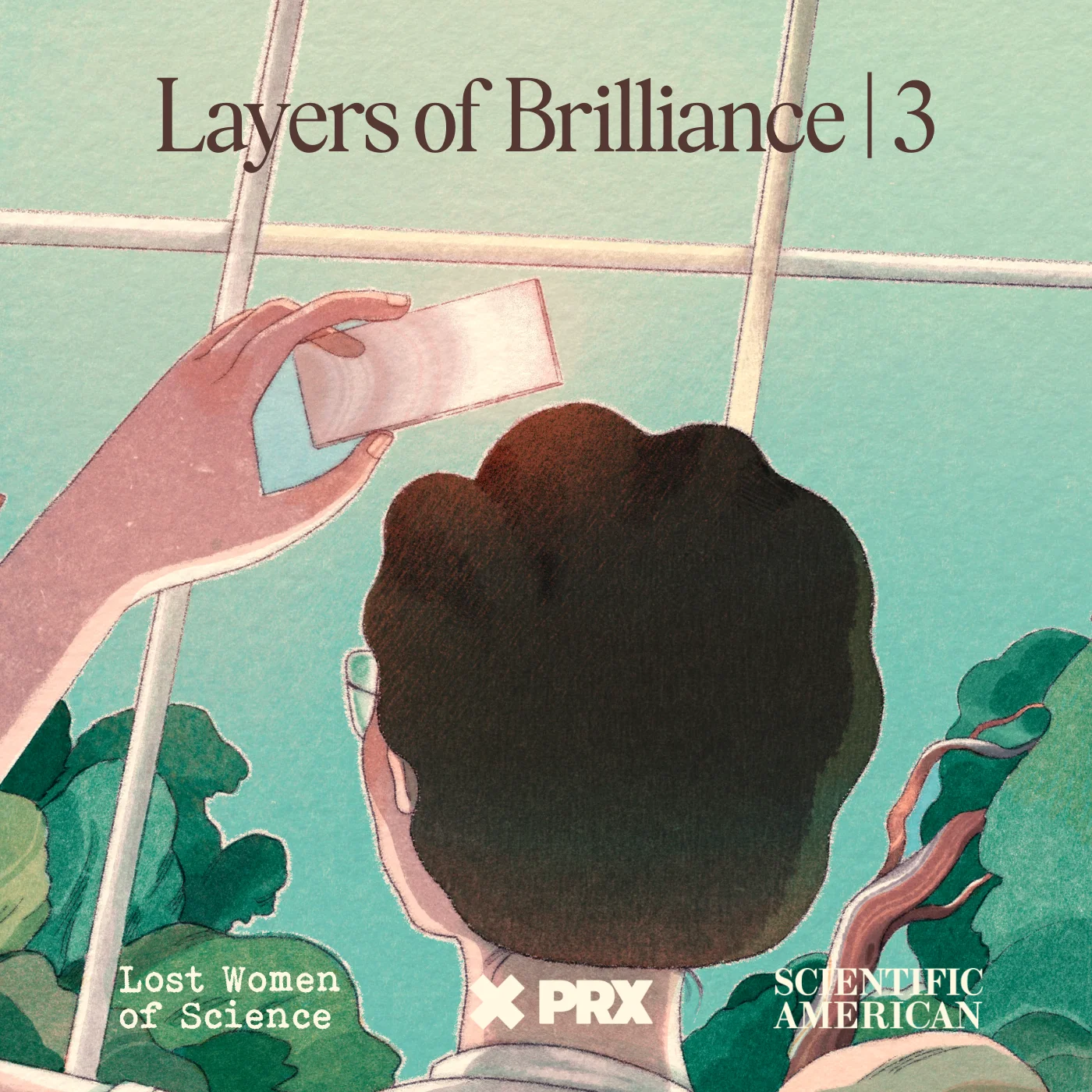
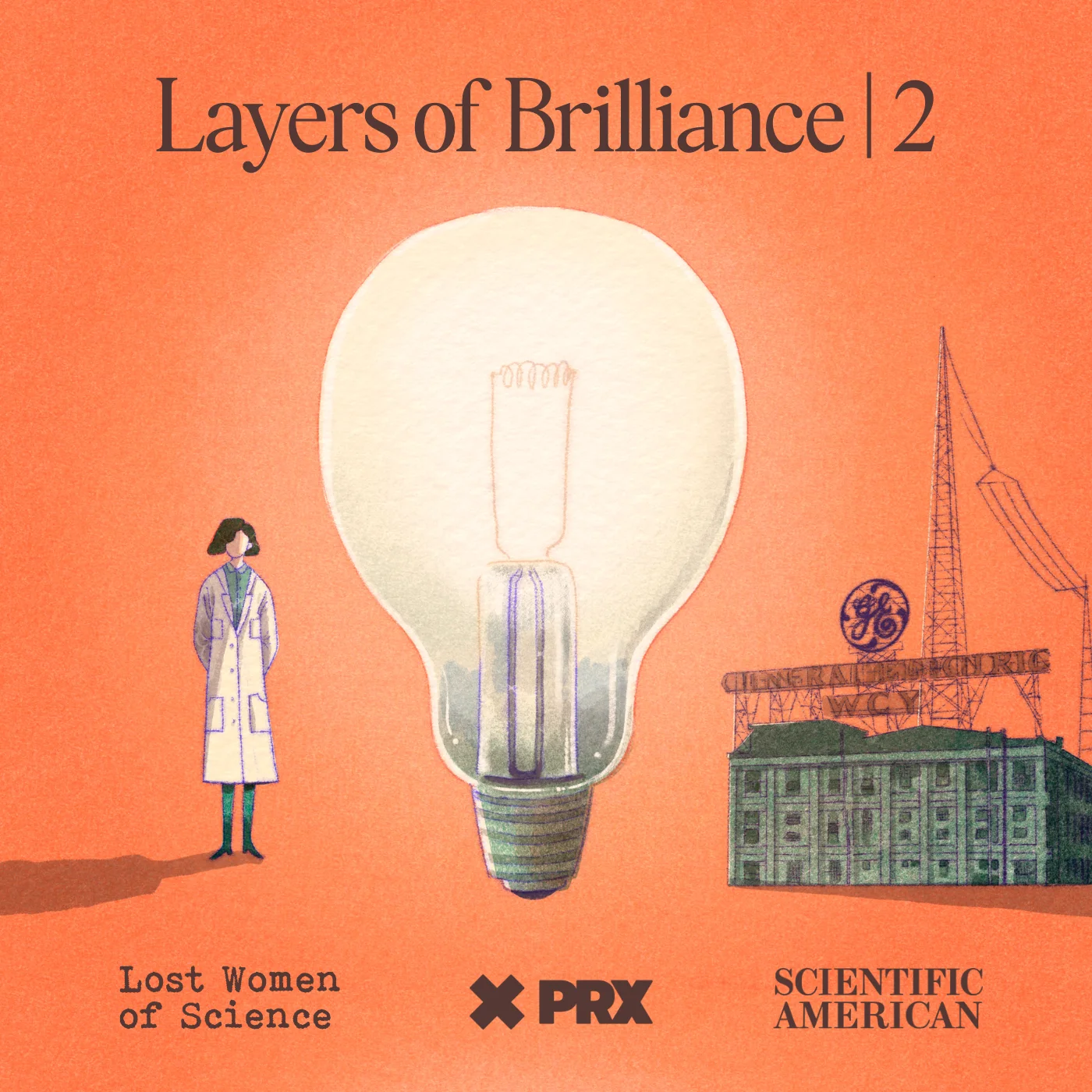
Layers of Brilliance - Episode Two: The 'House of Magic'
In 1918 a young Katharine Burr Blodgett joins future Nobel Prize winner Irving Langmuir at The General Electric Company’s industrial research laboratory in Schenectady, N.Y. It’s the start of her brilliant career.
Layers of Brilliance – Episode One: The Chemical Genius of Katharine Burr Blodgett
Born to a family with a tragic past, Katharine defies the expectations of her upbringing as an upper-middle class girl to make chemistry and physics the center of her life.
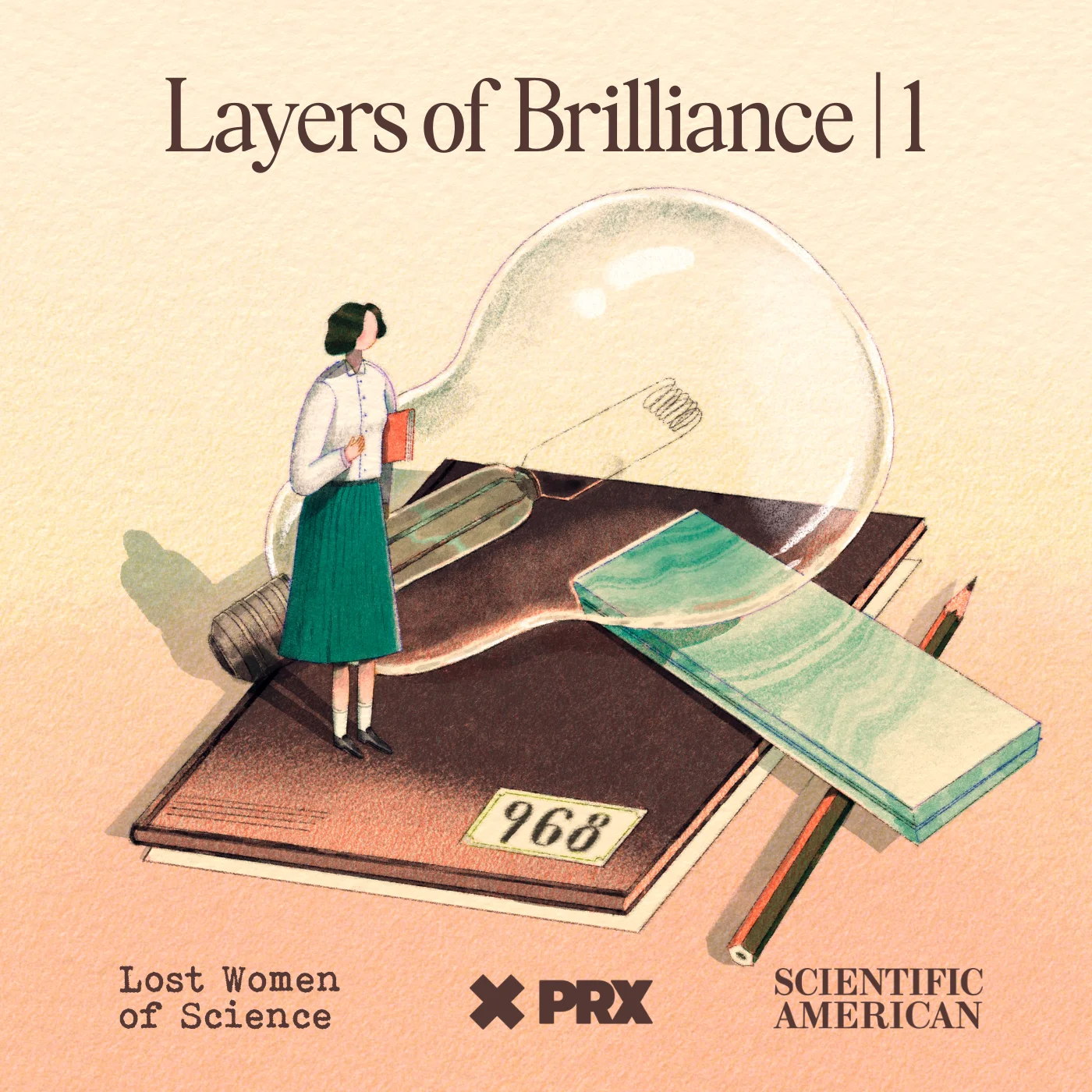
Lost Women of Science News
Looking for ways to support us?
Check out our new merch!
Latest Episodes

We're not mad, we're curious...
...Okay, we're a little mad.

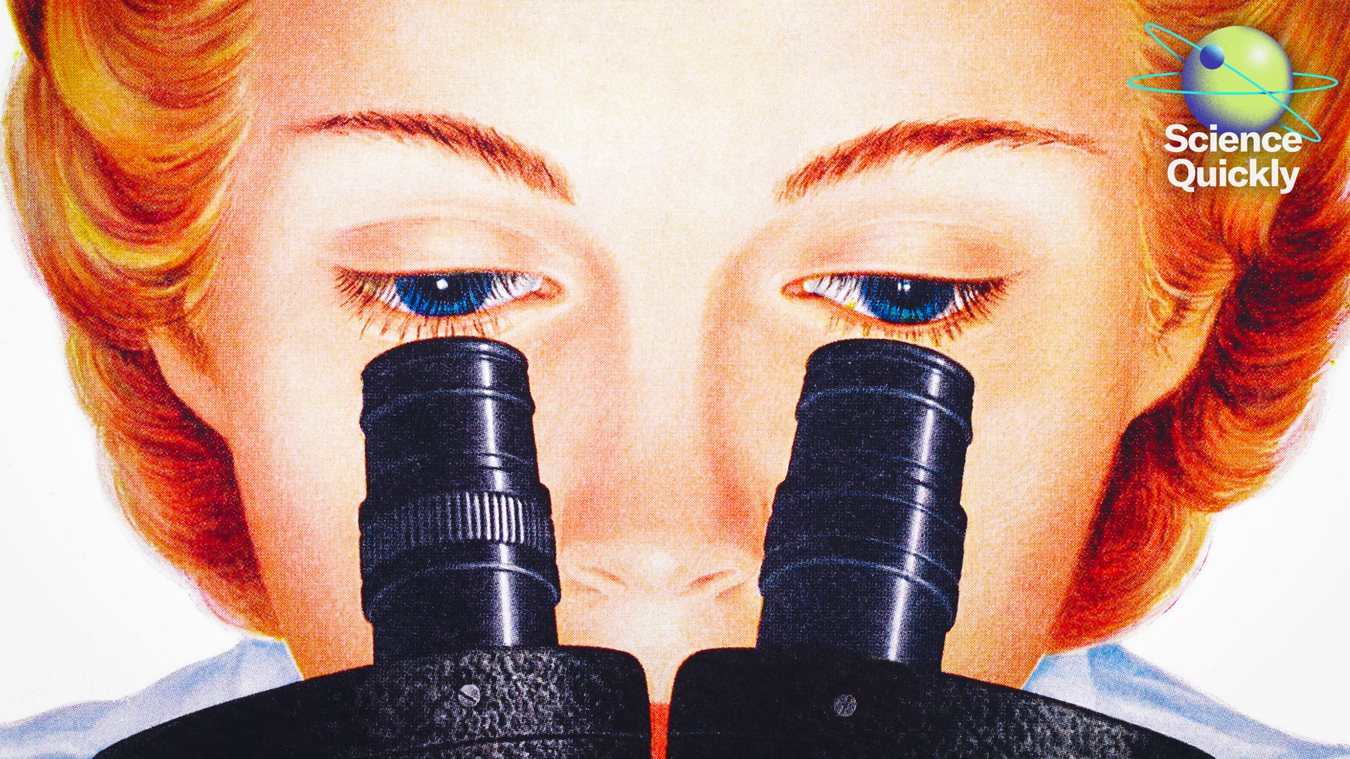
From Scientific American’s Science Quickly podcast: The Lost Women of Science team uncovers Katharine Burr Blodgett’s overlooked brilliance.
News & Events


Want to Support Lost Women of Science?
Tracking down all the information that makes our stories so rich and original is no easy matter. Your donations make this work possible. Please help us to bring you more stories of remarkable female scientists.
The Lost Women of Science Tip Line

Here at Lost Women of Science, it is our goal to rescue female scientists from the jaws of obscurity, but we need your help! If there’s a woman you’re aware of who achieved something remarkable but has been omitted from the historical record, we want to know.
Leave a brief message (or a long one!) at (415) 754-0625 and we’ll be sure to get back to you. Be sure to leave your full name, where you're calling from, and the best way to reach you, as well as the scientist's full name and her scientific field. We appreciate your support in bringing the stories of trailblazing female scientists to light!














